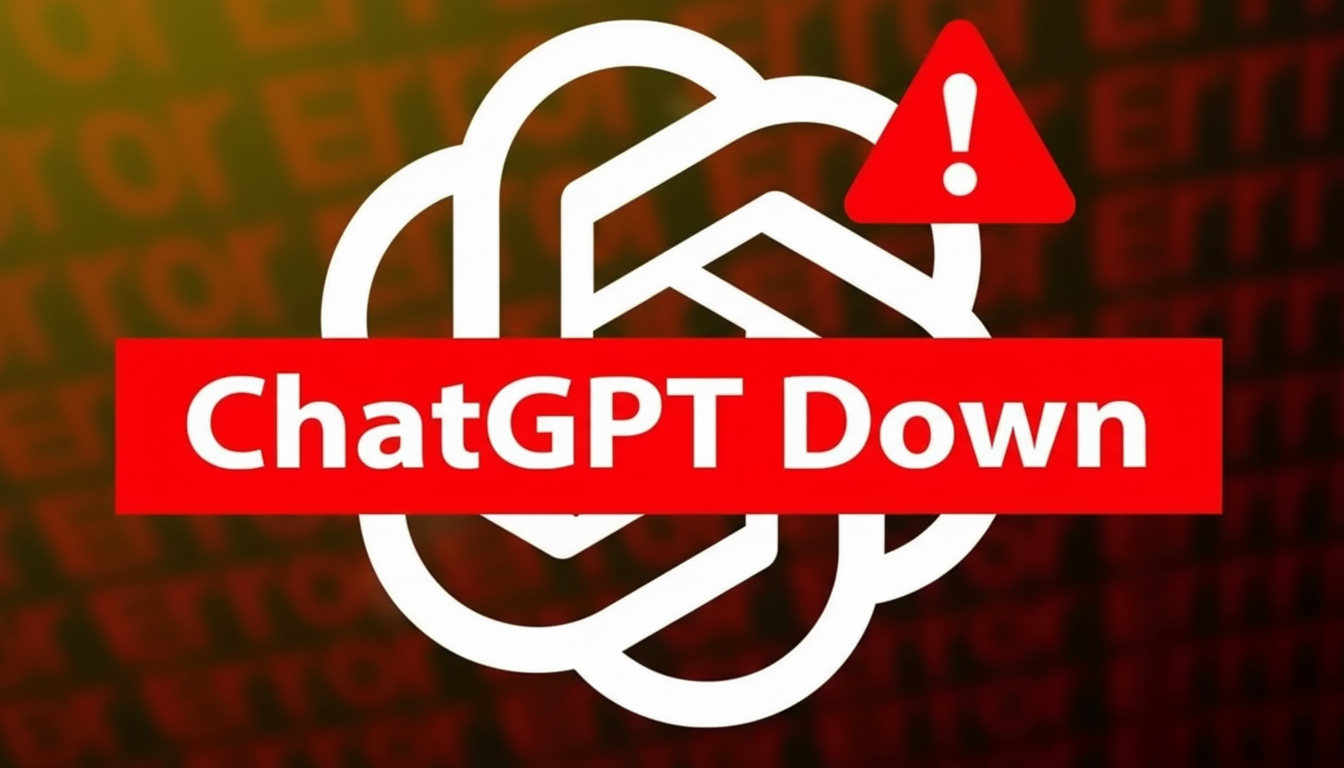ChatGPT Outage Disrupts Users Worldwide – findarticles.com

ChatGPT, one of the most widely used AI chatbots, experienced a notable service disruption that left many users staring at error messages and stalled conversations. Reports poured in from individual users and enterprise teams alike, underscoring how deeply embedded the tool has become in daily workflows.
OpenAI acknowledged the incident on its status page, citing “increased errors” affecting ChatGPT conversations. The company said it implemented a mitigation and later marked the service as fully operational. No root cause has been disclosed.
During the incident window, users reported login loops, stalled responses, and generic “something went wrong” notices across web and mobile. Downdetector registered hundreds of user submissions, with roughly 94% referencing ChatGPT specifically rather than other OpenAI offerings.
The failure pattern resembled a transient backend service issue: requests reached ChatGPT, but conversation turns frequently failed, suggesting elevated 5xx errors or timeouts. For many, refreshing the page or switching networks did not help.
User reports arrived from multiple regions, hinting at a broad, multi-geo impact instead of a single data center fault. Downdetector simultaneously showed spikes for services such as AWS, Grok AI, and NordVPN, though such correlations do not prove a shared cause.
Grok’s own status page cited availability issues in a similar window before recovering. Meanwhile, other chatbots, including Google’s Gemini, appeared to operate normally, offering a temporary lifeline for users who needed uninterrupted access to AI tools.
OpenAI’s status updates described elevated errors in ChatGPT conversations, followed by the rollout of a mitigation and confirmation that systems were fully operational. The wording suggests a service-tier problem rather than a total platform outage, but without a postmortem, the exact trigger remains unclear.
Historically, OpenAI has restored service quickly when incidents arise, often within the same hour-scale window. The company has previously said ChatGPT serves over 100M weekly active users, which makes rapid recovery essential to minimize disruption across education, software development, customer support, and research use cases.
Short-lived outages like this typically stem from one of a few culprits: an upstream dependency hiccup (for example, cloud networking or identity services), a bad deploy rolling through parts of the stack, or sudden traffic surges that saturate model inference endpoints and caching layers.
AI workloads are notoriously spiky. When traffic outpaces autoscaling, systems can hit rate limits and retry storms, creating cascading failures. Observed symptoms — intermittent errors and partial recovery — are consistent with throttling or a stressed service tier rather than a database corruption or extended regional failure.
For everyday users:
During this incident, Gemini remained available for most users.
For teams and developers:
If your organization relies on ChatGPT Enterprise, coordinate with IT to document a clear runbook:
ChatGPT experienced a measurable outage, confirmed by OpenAI and widely reported by users, before returning to normal operation. While the precise cause has not been shared, the pattern aligns with a transient service-side issue. Given ChatGPT’s scale and critical role in daily work, having lightweight contingency plans — and awareness of status signals — can turn an unexpected disruption into a brief detour instead of a dead stop.